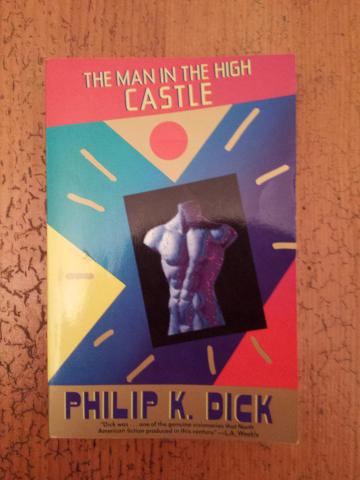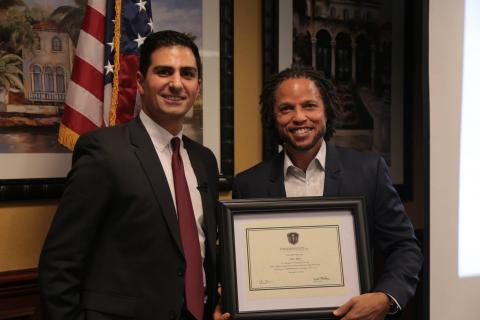Book Review: Philip K. Dick's "The Man In The High Castle"
Feb 29,2016
One of the good things about film and TV adaptations of books is that it exposes the original work to a much wider audience. Granted, there are always differences between books and movie versions but some manage to not only stay faithful to the source material but expand upon it. A good recent example is the Amazon's The Man In The High Castle, an intriguing and imaginative drama based on the Philip K. Dick book of the same name. While I had heard the name and was vaguely familiar with the premise, I never actually read it until I watched the show. In fact, I wouldn't be surprised at all if many people my age similarly picked up a copy of The Man In The High Castle after seeing the series it inspired.
What Dick envisions in The Man In The High Castle is something that others have written about but few as considerately as he has: an alternate history timeline in which the Axis powers won World War II. It sounds like something that would only appeal to war nerds, but Dick's world, where Nazi Germany and Imperial Japan occupy the United States, is constructed and described in such a way that even casual students of history and/or literature will be drawn in.
This is accomplished in large part by treating readers to different storylines involving different characters, a choice that keeps the narrative constantly moving and conveys to readers the scope of the events currently unfolding. Some of the people we meet are Robert Childan, a San Francisco antique who goes out of his way to defer to the occupying Japanese but secretly resents them, Frank Frink, a metalworker who hides his Jewish identity lest he be turned over to the Germans, and Mr. Tagomi, a Japanese trade official who fears that the fragile peace between his nation and their increasingly unstable rival will erupt into a new war. Each character is very different in outlook and station, but they are all brought together by a book banned by both the Germans and the Japanese: The Grasshopper Lies Heavy, which tells readers of a world similar to but distinct from ours in which the Axis lost the war.
Indeed, what really elevates the novel from the realm of speculative science fiction and to the level of great literature is it's perspective on the role of writers and the nature of reality itself. Presented with a scenario in which the Allies won the Second World War, the characters are at turns baffled and amazed, reacting to events and personalities we know to be part of the historical record the way we do to conspiracy theories and historical revisionism. But even as the world painted in The Grasshopper Lies Heavy resembles ours in some respects, it differs dramatically in others, the most notable difference being a Cold War fought between the US and a reinvigorated British Empire. Going in, we think The Man In The High Castle is the alternate history and our world is the "correct" timeline, but who's to say the timeline in The Grasshopper Lies Heavy isn't the correct one?
Metaphysical posturing aside, the book is a highly worthwhile read. Dick creates and takes readers through a world in a quarter of the time that it would take lesser writers to do. He shows enough about it to give readers an idea of what the larger setting looks like without ever overwhelming them with detail and exposition. Fans of the Amazon TV series or just people who enjoy smart reads will definitely want to check out Philip K. Dick's The Man In The High Castle.






